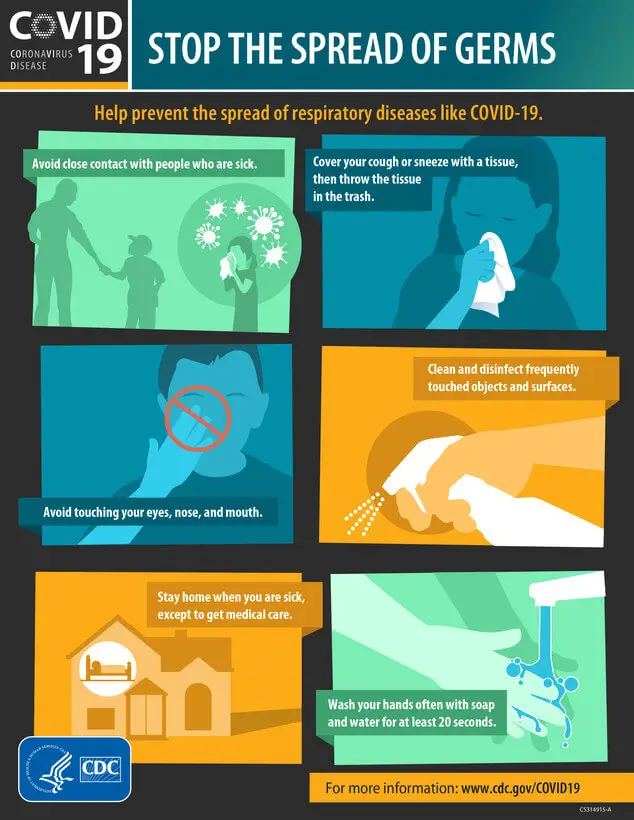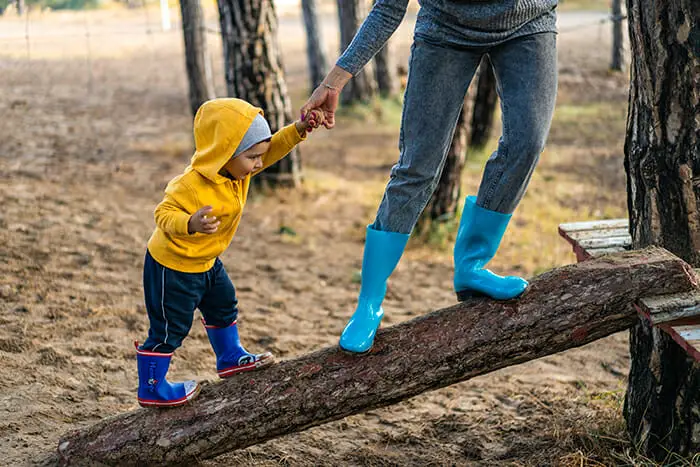Affiliate Disclosure – This post may contain affiliate links where we may receive compensation if you purchase products linked below. As an Amazon Associate, I can earn from qualifying purchases. This doesn’t cost you anything and helps keep our little blog running. Read our privacy policy for further information.
With Coronavirus COVID-19 sweeping the world at the moment, we decided to put together this list of tips for any parent who is a bit unsure on how they approach the topic with their children. This list is designed to help guide you on how to approach and discuss the topic of the coronavirus with your kids.
Pause and Take a Moment to Listen
One of the most important things you can do for your child right now is to stop and listen. We recommend putting aside some time and following the below steps:
- Find a safe environment without much distraction
- Ask them how they are feeling about the current situation
- Follow up with open ended questions that don’t create panic
- Give them your undivided attention
- Don’t avoid concerns and if you’re unable to answer the question, make a note of it in your head and come back later to them with an answer.
As the Coronavirus COVID-19 news is constantly changing with countries entering different levels of isolation, we’d recommend putting some time aside a couple of times a week to avoid your child building up their worries but also so you can help keep them properly informed.
Try be as Honest as Possible With What’s Happening
Try to be as transparent to your children as possible to what’s happening at the moment. It’s important during this time that you also try filter things where you can as the last thing you want to do is create unnecessary panic or making them feel anxious. For example, try to give your kids information that we know is factual (e.g. number of reported cases) rather than things that aren’t yet substantiated (e.g. forecast reported cases).
We recommend using national government sources of information (rather than biased media agencies) when sharing with your children. In Australia we recommend using the Department of Health website or in America Centres for Disease Control is also a great source.

If you’re child asks you questions you don’t know the answer to, pause and tell them you will come back to them with the answer. Lying or trying to make things up only spreads misinformation and create worry for them.
Offer Reassurance
It’s ok for your child to be stressed as we enter this unchartered time of our lives.
For this reason, it’s important to reassure them that what they are feeling is normal but also reassure them that there are steps that you as a family are undertaking to help protect yourselves from getting the coronavirus. For example, we don’t go to the children’s park (as it’s closed) or the supermarket with the kids any more. It’s important to explain to your child the steps we are taking as a family to help keep ourselves safe from the coronavirus.
Show Your Children How to Protect Themselves and Why
One of the most important things for you as a parent is to teach your child how to be safe when they’re at home or out in public. For this reason, we recommend following the steps in the below infographic which is via the US Department of Defence. Basically in short though:
- Keep 1.5m distance between yourself and others
- Cover your cough or sneeze with a tissue or into your elbow if you don’t have a tissue handy!
- Avoid touching your eyes, nose and mouth
- Clean areas that your children are coming into close contact with if possible
- Stay home if you or your children are sick
- Wash your hands frequently for at least 20 seconds.

Give Them Hope to How People are Working to Solve Things
It’s easy to become overwhelmed with everything that’s happening in the world at the moment and get overwhelmed with all the different news coming out from news outlets. As we mentioned previously, we recommend taking your news from official sources so you don’t feel overwhelmed.
When looking at what’s being reported, try to keep an eye out for topics of progress that might include:
- Positive progress of countries that are in heavy lockdown and how this has reduced infection rates
- Research development in the space of developing a vaccine
- How people are working together to help the elderly and our vulnerability (e.g. Supermarkets in Australia having delivery for the elderly)
- Companies that are ramping up to create health products (e.g. Tesla, Apple and Ford developing medical equipment)
Let Them Know You’re Here and When to Speak Up
Most importantly, let your kids know that you’re here at any time if they need someone to speak to about what’s going on in the world. While also reassuring them that it’s OK to feel overwhelmed or anxious with what’s happening.
Affiliate Disclosure – This post may contain affiliate links where we may receive compensation if you purchase products linked below. As an Amazon Associate, I can earn from qualifying purchases. This doesn’t cost you anything and helps keep our little blog running. Read our privacy policy for further information.

My name’s Alex and I’m a husband, dad to beautiful identical twin boys, cyclist, photographer and connoisseur of great coffee!
Help I’m Having Twins has been created for me to share what I found useful as a new parent and dad to twins.

